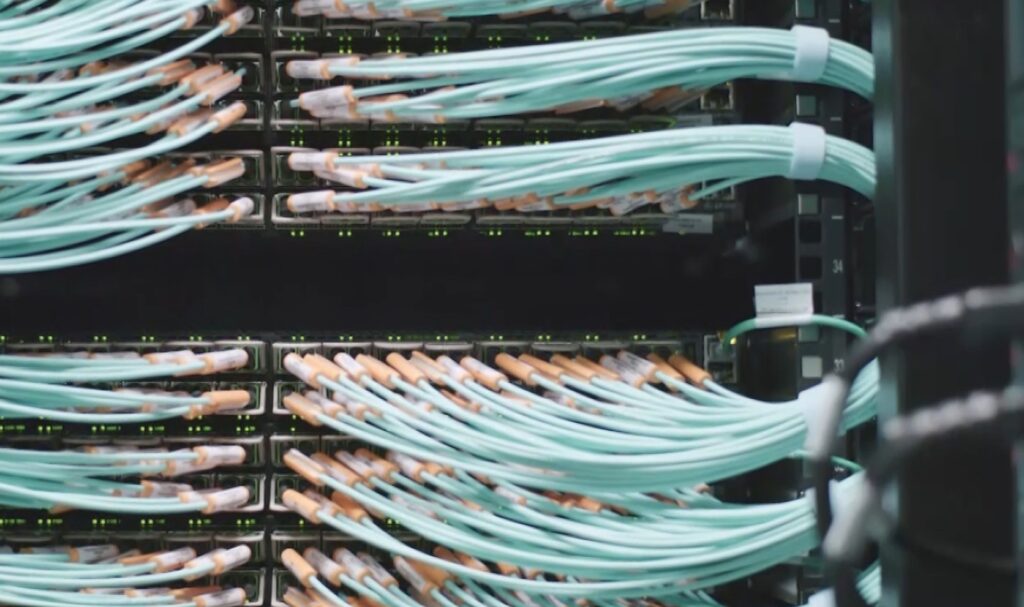MACKINAC ISLAND, Mich. (WZMQ) — Michigan’s Department of Labor and Economic Opportunity (LEO) is launching a new statewide workforce strategy aimed at preparing residents and businesses for the growing influence of artificial intelligence. The announcement estimates the potential to generate up to $70 billion in economic impact and create 130,000 new jobs over the next decade.
The “AI and the Workforce Plan” outlines the state’s approach to navigating the economic transformation expected from AI and automation. LEO’s Director, Susan Corbin, said the plan is an extension of Michigan’s broader workforce development goals and a step toward sustaining long-term competitiveness in an evolving job market.
The plan is structured around three primary goals: investing in AI-related skills training, guiding workers through transitions in both knowledge and skilled trades, and equipping businesses, especially small and medium-sized firms, with the tools to adopt AI technology. The goal is to make sure all of Michigan is ready to adapt to the rapidly growing AI landscape to ensure fewer jobs are replaced and no businesses are left behind.
LEO estimates that AI could affect as many as 2.8 million jobs in Michigan within the next five to 10 years. The manufacturing sector, a cornerstone of the state’s economy, is expected to experience significant changes, with about 75% of roles requiring new training or upskilling. However, only a small percentage of those jobs are expected to be fully automated.
Corbin said the state must act now to adapt. “Our future competitiveness depends on how we learn, leverage, and lead in building skills for an AI-enabled economy,” she said.
Michigan leaders cited the state’s current workforce development standing — including being ranked first in the U.S. for adult credential attainment — as a foundation for further progress.
The state’s plan also includes efforts to integrate AI education from early childhood through postsecondary levels. Dr. Beverly Walker-Griffea, director of the Department of Lifelong Education, Advancement, and Potential (MiLEAP), emphasized the importance of lifelong learning. “By removing barriers and expanding access to education, we’re empowering individuals to contribute meaningfully to Michigan’s economic future,” she said.
Matt McCauley, senior vice president of regional development at the Michigan Economic Development Corporation, highlighted recent investments — including a $1.2 billion AI research facility outside Ann Arbor — as evidence of the state’s growing AI footprint.
The full report is available here: www.Michigan.gov/LEO
